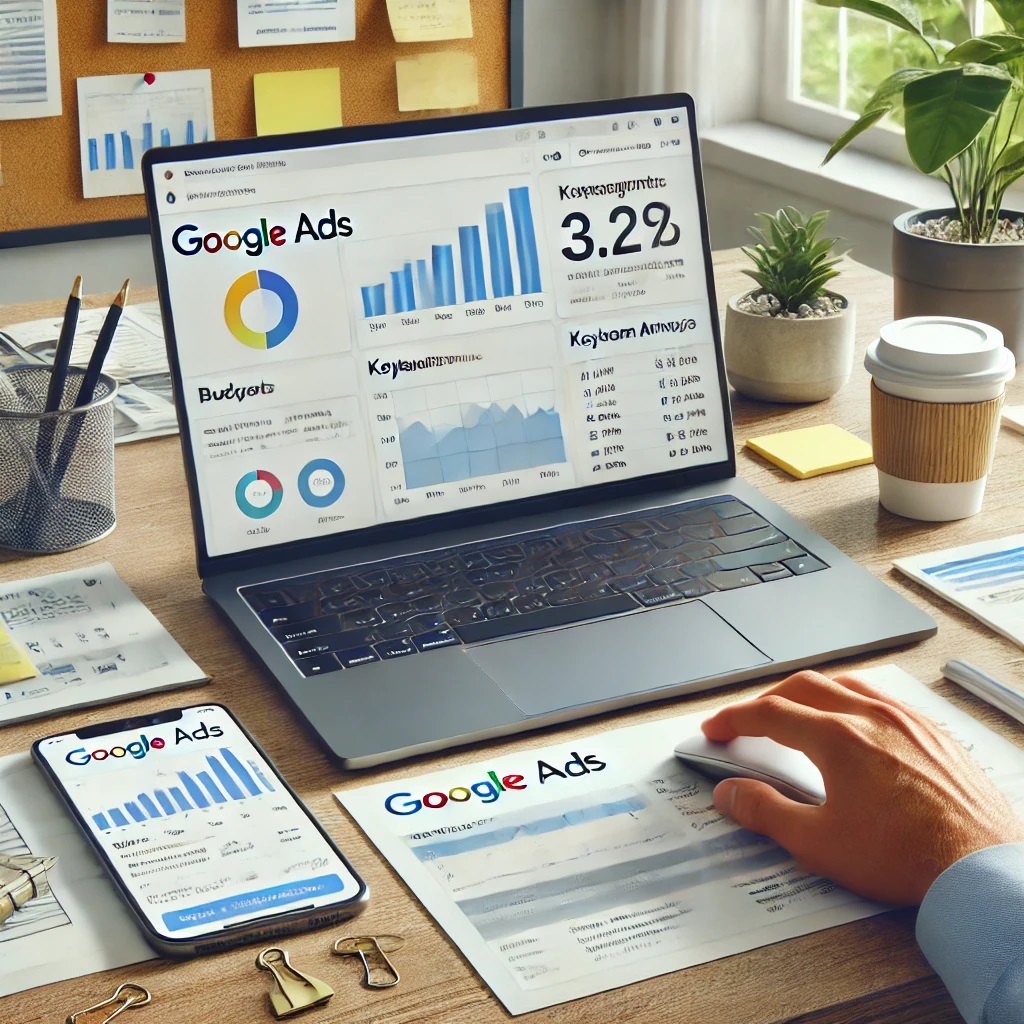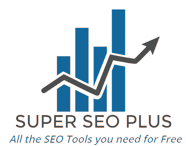Effective Google Ads PPC Management for Maximum ROI
Google Ads PPC Management: Maximize Your ROI with Proven Strategies

Managing Google Ads PPC campaigns is both an art and a science. It involves strategic planning, execution, and continuous optimization to ensure that your business gets the maximum return on investment (ROI). In this comprehensive guide, we explore the essential components of effective Google Ads PPC management, covering everything from keyword research to ad performance analysis.
1. What is Google Ads PPC Management?
Google Ads PPC (Pay-Per-Click) management refers to the process of overseeing, optimizing, and maintaining paid search campaigns within Google Ads. PPC campaigns charge advertisers every time someone clicks their ad. This method ensures you only pay for measurable results, making it an attractive option for businesses looking to grow their online presence. PPC management focuses on delivering targeted ads to the right audience at the right time, minimizing ad spend waste while maximizing visibility.
PPC campaigns are often preferred over organic strategies when businesses need fast results. Unlike SEO, which can take months to show improvements, PPC delivers immediate visibility on Google’s search engine result pages (SERPs), making it ideal for promotions, seasonal campaigns, and product launches.
2. Why is PPC Management Important?
Managing your Google Ads effectively ensures that your budget is used wisely. Poorly managed campaigns can lead to wasted money and missed opportunities. By carefully monitoring and optimizing your campaigns, you can:
- Increase website traffic through targeted ads
- Enhance conversion rates with optimized ad copy
- Improve ad quality scores for higher placements
- Maximize ROI through strategic bidding and optimization
- Outperform competitors in your niche with superior strategies
Without proper management, businesses risk falling into costly mistakes, such as targeting irrelevant keywords or failing to adjust bids to match market trends. A good PPC strategy ensures every dollar spent has a clear impact on business growth.
3. Key Components of Successful Google Ads PPC Management
3.1 Keyword Research and Targeting
Keyword research forms the foundation of any PPC campaign. Using tools like Google Keyword Planner, SEMrush, and Ahrefs, businesses can identify relevant keywords that their target audience searches for. Focus on:
- High-Intent Keywords: Keywords that show purchase intent, such as “buy,” “discount,” or “best price.”
- Negative Keywords: Exclude irrelevant keywords to avoid wasting ad spend. For instance, if you sell high-end watches, exclude searches for "cheap" watches.
- Long-Tail Keywords: Specific phrases like “best running shoes for beginners” that target niche audiences with lower competition and higher conversion potential.
3.2 Ad Copy Optimization
Compelling ad copy is crucial for driving clicks and conversions. Best practices for ad copy optimization include:
- Using relevant keywords in headlines and descriptions to improve ad relevance
- Adding a strong call-to-action (CTA) like “Buy Now,” “Sign Up,” or “Try for Free”
- Incorporating numbers or discounts to grab attention, such as “50% off” or “Limited Time Offer”
- Highlighting your unique selling proposition (USP), such as “Free Shipping” or “24/7 Customer Support”
3.3 Landing Page Optimization
Your landing page must align with your ad copy and provide a seamless user experience. A mismatch between the ad and landing page can increase bounce rates. Key elements include:
- Fast loading times to reduce bounce rates
- Clear CTAs encouraging users to take action immediately
- Relevant content matching the intent of the ad
- Mobile-friendly design, as many users search and click ads on mobile devices
3.4 Bidding Strategy and Budget Allocation
Bidding effectively can determine the success of your campaign. PPC managers must balance budget allocation across multiple campaigns and keywords. Some common strategies include:
- Manual CPC: Set individual bids manually to maintain full control.
- Enhanced CPC: Google adjusts your bids automatically based on conversion likelihood.
- Target CPA: Focus on achieving a specific cost per acquisition for more predictable results.
- Maximize Clicks: A strategy designed to get as many clicks as possible within your budget.
4. How to Track and Measure Performance
Monitoring the performance of your campaigns is essential for ongoing optimization. Use these metrics to measure success:
- Click-Through Rate (CTR): The percentage of people who click your ad after seeing it, indicating ad relevance.
- Conversion Rate: The percentage of visitors who take the desired action on your website, such as making a purchase or signing up.
- Quality Score: Google’s rating of your ads’ relevance, click-through rate, and landing page experience.
- Return on Ad Spend (ROAS): The revenue generated for every dollar spent on ads. ROAS helps measure campaign profitability.
Tracking these metrics allows you to identify areas for improvement. For example, a low CTR might indicate poor ad copy, while a low conversion rate could point to landing page issues.
5. Tools for Effective PPC Management
Several tools can help streamline your Google Ads management and improve efficiency:
- Google Keyword Planner: Essential for keyword research and competition analysis.
- Google Analytics: Helps track visitor behavior and measure conversion rates.
- Google Ads Editor: A desktop application that allows you to manage campaigns offline and make bulk edits.
- SEMrush: An all-in-one SEO and PPC tool for competitive analysis and keyword discovery.
6. Common Mistakes to Avoid in Google Ads PPC Management
Avoiding common mistakes can save time and money. Here are some pitfalls to avoid:
- Failing to use negative keywords, leading to wasted ad spend
- Not testing multiple versions of ads (A/B testing)
- Using overly broad match types that attract irrelevant traffic
- Ignoring mobile users and failing to optimize ads for mobile devices
7. Advanced Strategies for Google Ads PPC Management
To stay ahead of competitors, advanced strategies are essential:
- A/B Testing: Experiment with different headlines, descriptions, and CTAs to determine what works best.
- Remarketing: Re-engage visitors who did not convert on their first visit with personalized ads.
- Geo-Targeting: Tailor your campaigns to specific regions for localized promotions.
- Automated Rules: Set rules to adjust bids automatically or pause campaigns based on specific triggers.
8. How to Improve Your Ad Quality Score
Quality Score plays a vital role in determining your ad’s position and cost. Improve your Quality Score by:
- Aligning keywords, ads, and landing pages
- Optimizing ad copy for user intent
- Using ad extensions to provide additional information
- Enhancing landing page performance with fast loading times and relevant content
9. Conclusion
Effective Google Ads PPC management requires a combination of strategy, creativity, and technical knowledge. By focusing on the right keywords, optimizing ad copy, and regularly analyzing performance metrics, you can achieve exceptional results. With the proper tools and strategies in place, businesses can unlock the potential of PPC advertising to drive growth, boost conversions, and maximize ROI. Get started today and make your mark with Google Ads PPC management!
SEARCH
-
Popular SEO Tools
- Plagiarism Checker
- Article Spinner / Rewriter
- Keyword Position Checker
- Grammar Checker
- Domain Authority Checker
- Pagespeed Insights Checker
- Image Compression Tool
- Reverse Image Search
- Page Authority checker
- Text To Speech
- Backlink Checker
- Alexa Rank Checker
- Backlink Maker
- Domain Age Checker
- Website Ping Tool
- Website Seo Score Checker
- Keyword Density Checker
- Website Page Size Checker
- Word Count Checker
- Mozrank Checker



